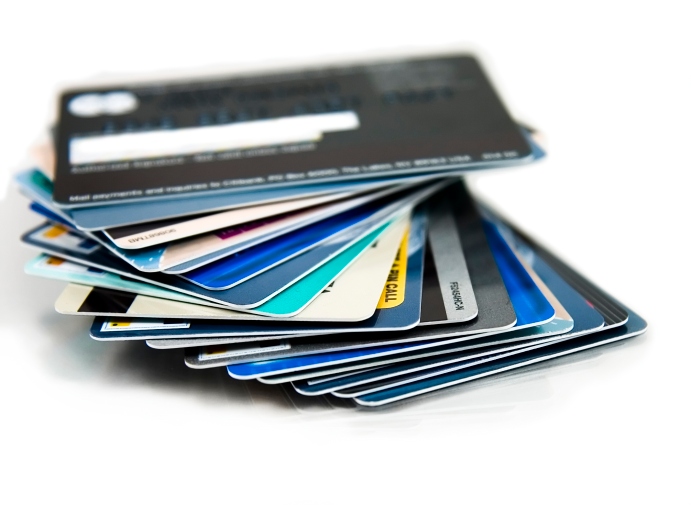Economy
Big Pop in Consumer Credit, but Not From Credit Card Use
Published:
Last Updated:
The Federal Reserve has released its report on consumer credit for the month of February. In February, consumer credit increased at a seasonally adjusted annual rate of 6.5%. Revolving credit, effectively credit cards and merchant credit accounts, decreased at an annual rate of 3.5%. Non-revolving credit, which would include car loans and student loans, rose at an annual rate of 10%.
This puts the gain at $16.49 billion in February, while Bloomberg was calling for a gain of $14 billion.
February’s total gain may oddly have been muted due to lower spending due to weather in the month, so it will be interesting to see what the March report shows.
The drop in revolving credit was down to $854.2 billion and the non-revolving credit was up to $2.2753 trillion. That brings the total up to $3.1295 trillion among all consumer credit.
Consumer credit almost never moves the needle on the markets. Much of the data is widely known, and the average time period in a mid-month snapshot implies that this data is now a reading of five weeks to seven weeks in the past.
After two decades of reviewing financial products I haven’t seen anything like this. Credit card companies are at war, handing out free rewards and benefits to win the best customers.
A good cash back card can be worth thousands of dollars a year in free money, not to mention other perks like travel, insurance, and access to fancy lounges.
Our top pick today pays up to 5% cash back, a $200 bonus on top, and $0 annual fee. Click here to apply before they stop offering rewards this generous.
Flywheel Publishing has partnered with CardRatings for our coverage of credit card products. Flywheel Publishing and CardRatings may receive a commission from card issuers.
Thank you for reading! Have some feedback for us?
Contact the 24/7 Wall St. editorial team.